This premium content is exclusive to edie Members.
To find out more about edie Membership, please click below.
If you are an existing member, login here
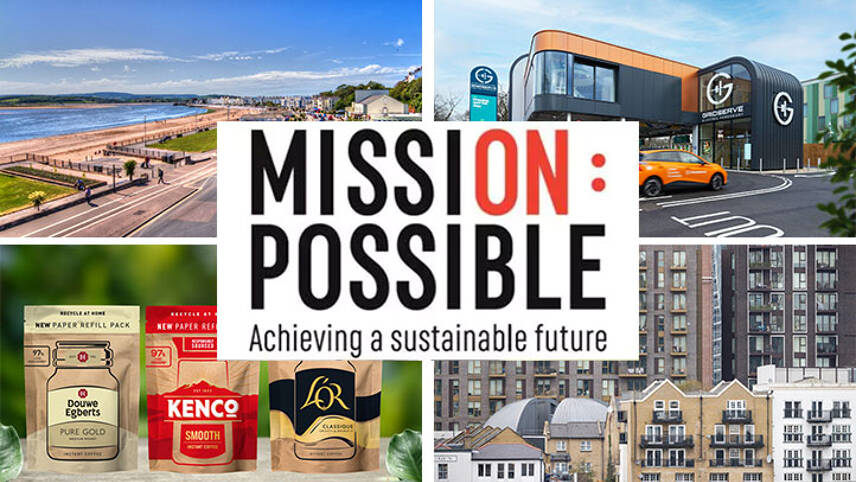
Published every week, this series charts how businesses and sustainability professionals are working to achieve their ‘Mission Possible’ across the campaign’s five key pillars – energy, resources, infrastructure, mobility and sustainability leadership.
Across the UK and across the world, leading businesses, cities, states and regions are turning environmental ambitions into action. Here, we round up five positive sustainability stories from this week, in our first edition for 2024.
ENERGY: Epson reaches 100% renewable electricity globally
Japan is regarded as one of the most challenging markets for businesses to procure renewable electricity. Its lack of land and dependence on coal means it does not have an abundance of renewable energy sources, and the market for solutions such as tariffs and power purchase agreements is far less mature than in places like the UK, EU and USA.
Nonetheless, Japan-headquartered multinational print manufacturer Epson has switched to 100% renewable electricity for all global operations.
It first set out to make the transition in March 2021 and completed its work here on schedule. The business consumes some 870 GWh of electricity each year and expects sourcing renewables to reduce its annual Scope 2 (power-related) emissions by 400,000 tonnes.
“This will not only help us to achieve our own goals but will also help to facilitate a broader adoption of renewable electricity within society by spreading awareness,” said Epson’s global president Yasunori Ogawa. The business is now exploring expanding self-generation and the co-creation of new renewable generation sources.
RESOURCES: JDE Peet’s launches paper-based coffee refill packs in UK & Ireland
It’s been a big week for food and drink packaging news, with Marks & Spencer extending its pre-filled homecare products range, Upfield teasing a paper-based butter tub and Pringles ditching the metal base of its tubes in the UK to improve recyclability.
Related to this, Kenco coffee maker JDE Peet’s is switching the refill packs of coffee it sells in the UK from plastic to paper. The change will affect brands including Douwe Egberts and L’OR and coffee longevity will not be impacted by the switch.
The new packaging has been designed for recyclability at kerbside from homes across the UK and Ireland. It weighs 97% less than a standard 200g glass jar of coffee, thus reducing emissions related with transportation.
JDE Peet’s’ marketing director Roberto De Felice said the change marks a “crucial stride” towards the business’s ambition to make all packaging recyclable, reusable or compostable by 2030.
MOBILITY: Gridserve opens electric forecourt at Gatwick Airport
Electric vehicle (EV) charging hub developer Gridserve has a pipeline of more than 30 ‘electric forecourts’ for the UK. These locations will host multiple rapid charging points for motorists, capable of adding up to 100 miles of range in ten minutes depending on vehicle model.
Gridserve recently announced the completion of its much-anticipated forecourt at Gatwick, the UK’s second-busiest airport. The forecourt at the airport’s South Terminal includes 22 rapid chargers with up to 350kW of power, which anyone can use with contactless payment.
The forecourt represents a five-fold increase in charging capacity for airport visitors. It is being supplied with 100% renewable electricity from Gridserve’s network of British clean energy projects.
Gatwick Airport’s development director Bronwen Jones said: “We are proud to be the first European international airport with its own dedicated electric vehicle charging forecourt.
“Gridserve has been placed in a strategic location and will be available to millions of passengers, commuters, staff, residents and businesses that pass through the area each year.”
THE BUILT ENVIRONMENT: London confirms designation of eight large developments as ‘net-zero’
This story is technically not from this week, but it broke while the edie editorial team members were offline for their post-COP28 festive break.
London’s City Hall has confirmed that, in 2022, its new residential buildings were delivered in such a way that their emissions savings will be 57% greater than if they were delivered in line with minimum national climate regulations. This is because the capital has its own standards which are not only stricter than the national minimum at present, but will continue to be so once the new Future Homes Standard enters force in 2025.
The greenhouse gas savings for non-residential buildings, meanwhile, was 49% higher.
A total of eight large-scale developments underway in that year were designated net-zero from the outset. No offsetting was used to achieve net-zero operations in 2022, an improvement on 2021 levels.
City Hall has posted a total of 60,000 tonnes of CO2e savings thanks to its standards in 2022.
London’s Deputy Mayor for Environment and Energy, Shirley Rodrigues, said: “Whilst the UK is falling behind on key targets, London is leading the way with ambitious planning policies that support the environment, bring down energy bills and help Londoners become more energy-efficient.”
SUSTAINABILITY LEADERSHIP: Exmouth Town Council endorses Plant-Based Treaty
The ‘Veganuary’ campaign launched a decade ago in a bid to encourage people to change their diets in the long term after eating only vegan foods for 31 days.
Every year since then, Veganuary has recorded increased support in the form of businesses launching new products and menu options; workplaces providing plant-based meals to staff and individuals committing from home.
Workplaces supporting Veganuary 2024 include Salesforce, Docusign, PwC, EY, Aviva, WSP and Claire’s.
A somewhat more innovative form of support has come from Exmouth Town Council, which recently became the fifth local authority in the UK to endorse calls for a global Plant-Based Treaty for diets.
Modelled on the Fossil Fuel Non-Proliferation Treaty, the Treaty is open for signatures from national and sub-national governments plus non-state organisations including councils. It calls for the adoption of plant-based diets to deliver reductions in water use, land use and emissions from the food system.
Exmouth Councillor Louise Venables said: “Switching to an increasingly plant-based diet is the simplest and one of the most effective actions we can take to reduce our carbon emissions. Plant-based diets can also improve health, remedy biodiversity, improve animal welfare, and be financially beneficial.
“We want individuals to be fully informed regarding the impact of diet on the environment and for people to be able to make considered food choices and be supported in transitions to a more plant-focused diet.”
The Council will now assess its ability to nudge residents and businesses towards plant-based foods by raising awareness of the benefits. It will also explore education campaigns for schools and local businesses, and assess its own in-house catering.
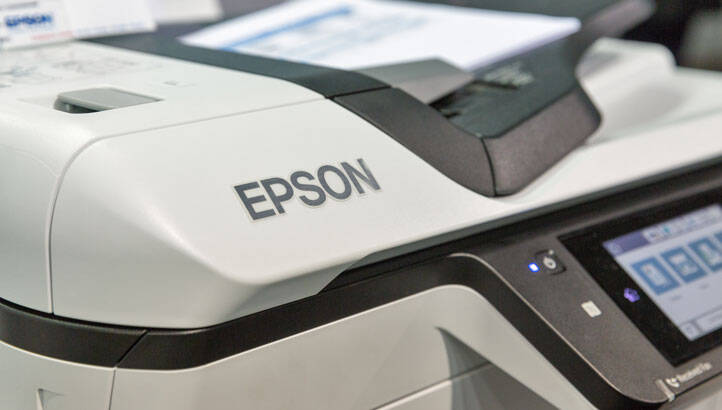
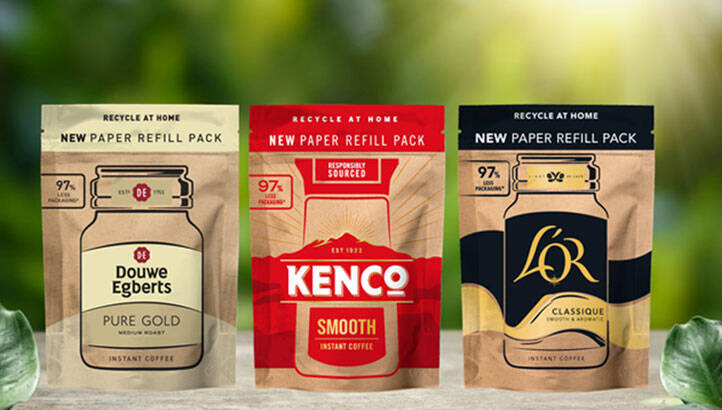
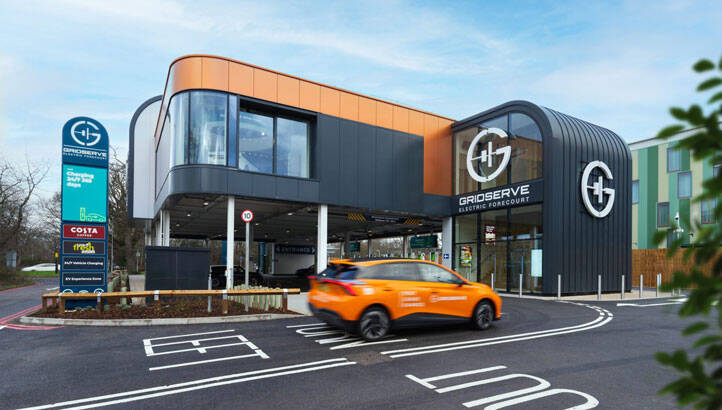
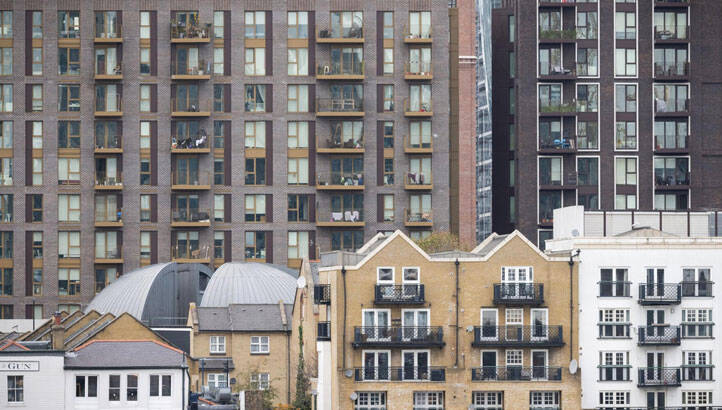
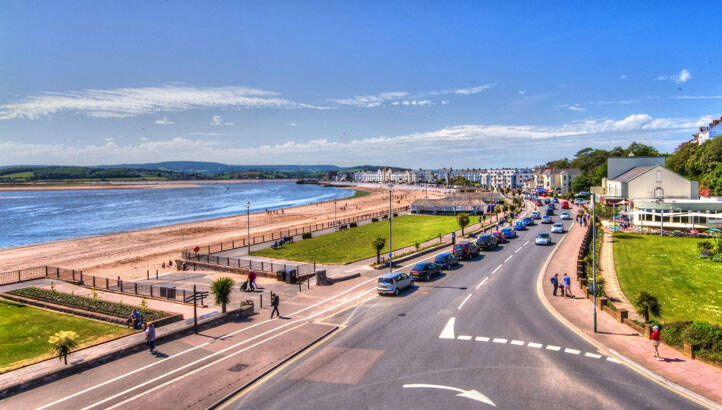


Please login or Register to leave a comment.